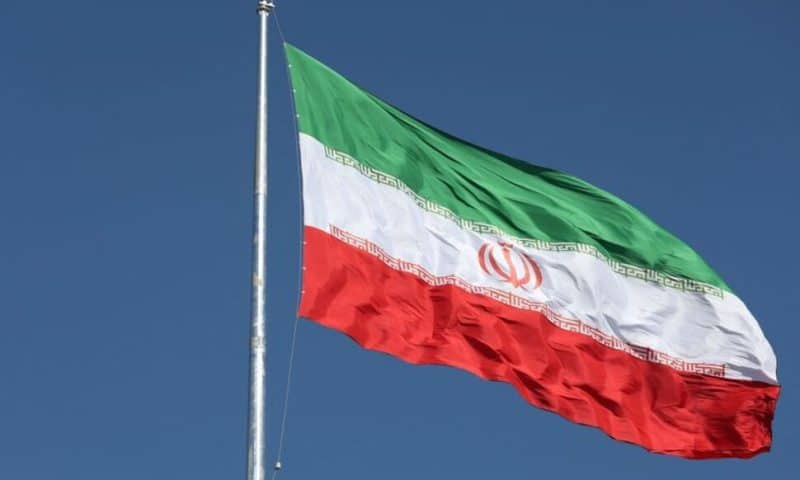ISLAMABAD – Pakistan recalled its ambassador from neighbouring Iran on Wednesday to protest at a “blatant breach” of its sovereignty after Tehran said it launched missile attacks on militant bases in southwestern Pakistan.
Iran’s foreign minister said it hit militants in “missile and drone” strikes. State media said Iranian missiles struck two bases of the Sunni Muslim group Jaish al-Adl, designated a “foreign terrorist organisation” by the U.S. State Department.
Nuclear-armed Pakistan said a violation of its airspace resulted in the deaths of two children but has not confirmed the nature of the violation, or the location of the strikes.
Only militants were hit, Iranian Foreign Minister Hossein Amirabdollahian said in Davos, Switzerland, where he was attending the World Economic Forum, alleging those attacked were linked to Israel.
Pakistan and Iran have in the past had rocky relations, but the strikes are the highest-profile cross-border intrusion in recent years.
The strikes were launched a day after similar attacks carried out by Tehran inside other neighbours, Iraq and Syria. Baghdad recalled its ambassador from Tehran after Iran’s state-backed media said it had hit an Israeli espionage centre.
Provincial officials in Pakistan said two children were killed and several others injured in strikes near the Iran border.
The violation was unprovoked and unacceptable, said Pakistani foreign ministry spokeswoman, Mumtaz Zahra Baloch. Pakistan reserved “the right to respond to this illegal act”, a message it had conveyed to the Iranian government, she said.
Pakistan would not allow Iran’s ambassador, currently visiting his home country, to return, Baloch said.
A joint border trade committee meeting had been canceled, and a Pakistani trade delegation had been recalled from Chabahar in Iran, said government official Aurangzeb Badini.
“Further escalation is possible, though Islamabad has strong incentives to be cautious,” said Michael Kugelman, director of the Wilson Center’s South Asia Institute, adding that Beijing might also step in to help mediate.
“China has close ties to both Iran and Pakistan, and it has a strong interest in the crisis not spiraling out of control …it will likely quietly press the two sides to step back from the brink” he said.
STRIKES CLOSE TO IRAN BORDER
Jaish al-Adl has in the past mounted attacks on Iranian security forces in the border area with Pakistan.
Officials in Pakistan’s southwestern province of Balochistan, which borders Iran, said that four missiles had hit the Panjgur district close to the border.
“Four missiles were fired in the village of Koh-i-Sabaz which is around 50 km (31 miles) inside Pakistan soil,” a senior official of the Panjgur administration told Reuters.
“A mosque and three houses were damaged in the attack,” another official said, adding that two young girls were killed and three other people injured.
Jaish al-Adl, which says it seeks greater rights and better living conditions for ethnic minority Baluchis, has claimed responsibility for several attacks in recent years on Iranian security forces in Iran’s southeastern province of Sistan-Baluchestan.
In its previous iteration as Jundallah, the group had pledged allegiance to Iraq- and Syria-based jihadist group the Islamic State.
Iran’s Amirabdollahian had a phone call with his Pakistani counterpart Jalil Abbas Jilani, according to an Iranian foreign ministry statement, and stressed Tehran’s respect for Pakistan’s sovereignty.
“Iran’s security has been repeatedly targeted by Jaish al- Adl terrorist group from Pakistani soil and we are hopeful that stronger security cooperation between the two countries continue,” Amirabdollahian said.

